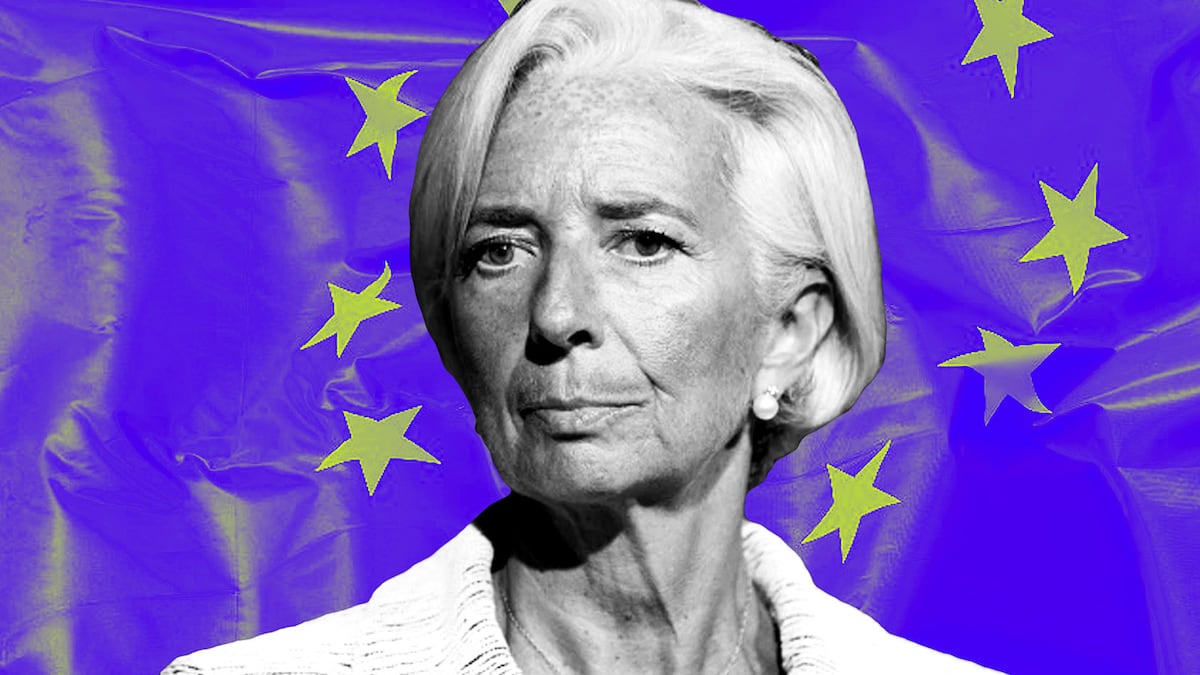- ECB shifts development of CBDC into important new phase.
- Bank to test prototypes for 'currency of the future.'
- European Union lawmakers still have to weigh in before final decision.
Over the next two years, the European Central Bank will select providers to build the digital euro infrastructure and test the prototypes it developed over the past two years, the bank said Wednesday.
“We need to prepare our currency for the future,” said ECB President Christine Lagarde in the announcement. “We envisage a digital euro as a digital form of cash that can be used for all digital payments, free of charge, and that meets the highest privacy standards.”
Two-year phase
The ECB, which is the central bank for the 19 nations in the eurozone, plans to test different technologies and prototypes, said a report released by the bank.
Following a two-year development phase beginning in November, the central bank’s Governing Council plans to make a final decision on issuing a digital euro.
The announcement today caps a two-year exploratory process replete with pushback from lawmakers questioning the benefit for retail users. The process has also prompted conspiracy theories that a digital euro would violate the privacy of consumers and permit the central bank or the state to surveil the spending patterns of eurozone residents.
Amid confusion from lawmakers about the central bank digital currency’s utility, the ECB quelled concerns that it would move forward without a thorough legal review of its possible adoption.
Final call
Meanwhile, the political organs of the European Union — the European Parliament, the European Council and the European Commission — are working on the legal guardrails for a CBDC before the central bank makes a final call.
While officials need to consistently defend the use cases for retail customers, authorities are keen to provide the eurozone’s 347 million inhabitants an in-house payment system that could steer Europeans away from foreign service providers such as Mastercard or Visa.
“A digital euro would increase the efficiency of European payments and contribute to Europe’s strategic autonomy,” said Fabio Panetta, an ECB executive board member and chair of the High-Level Task Force on the digital euro.
As for the mechanics of a digital euro, this is all still being sketched out. What is known is that a digital euro would probably be held by commercial banks, and the ECB has said holding limits per user would be €3,000. The CBDC may also allow offline payments.
Inbar Preiss is DL News’ Brussels-based regulation correspondent. Contact her at inbar@dlnews.com.
